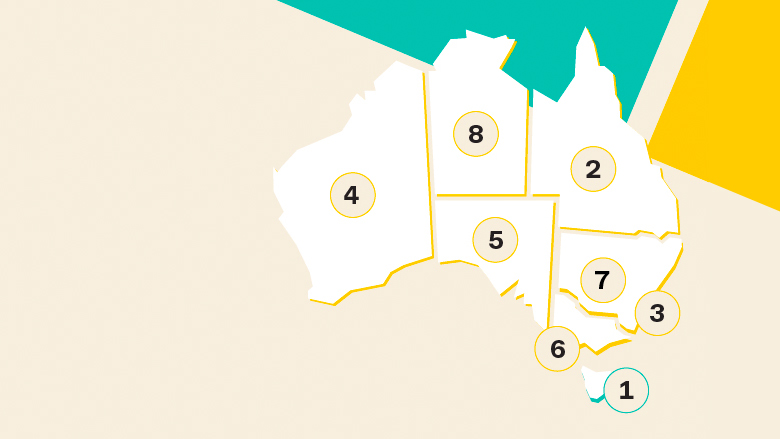Commonwealth Bank Group economists expect Australian economic growth will slow from 3.5 per cent in 2022 to 1.1 per cent in 2023, and forecast one further 25bp interest rate hike by the Reserve Bank of Australia in February 2023 to a peak rate of 3.35 per cent. They also tipping recessions in the US, UK, Europe and Japan.
Speaking at the release of CommSec’s report Tough 2022: And it’s not going to get much easier, CommSec Chief Equities Economist Craig James said: “High levels of inflation, continued uncertainty about interest rates, tight labour markets, high energy prices, the war in Ukraine and the re-opening of the Chinese economy pose both risks and opportunities for investors. While the coming year certainly won’t be without its challenges, we are tipping a modest gain for the benchmark S&P/ASX 200 index in 2023 of 4-7 per cent to near 7,350-7,550 points.”
Mr James noted Australian sharemarket indexes outperformed global peers in 2022. US share indexes recorded their biggest declines since 2008, with the NASDAQ falling 33.1 per cent, the S&P 500 index down 19.4 per cent and the Dow Jones index down 8.8 per cent. European and Japanese bourses fell by around 13 per cent and 9.4 per cent respectively.
“There’s no doubt that Aussie sharemarket investors had a tough year in 2022. But the good news is that Australian share indexes held up better than in most other advanced markets due to an outperforming economy,” Mr James said.


